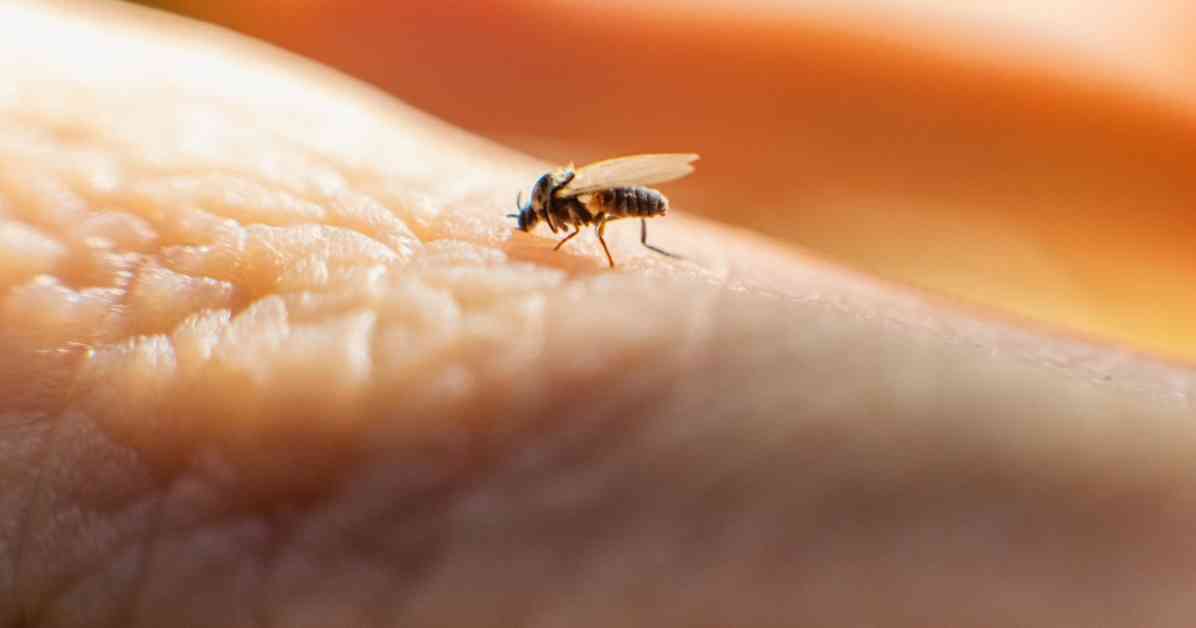A rare virus known as ‘sloth fever’ has been making headlines in Europe, with cases reported in Spain, Italy, and Germany. The Oropouche virus, officially known as Oropouche virus disease, has been causing concern among health officials due to its rapid spread and potential risks, especially to pregnant women and unborn babies.
### What is ‘Sloth Fever’?
The Oropouche virus, also known as ‘sloth fever’, is a rare virus that is primarily spread by midges and mosquitoes. The disease has been named after the tree-dwelling animals in South America that are believed to be animal hosts for the virus. The first known deaths from the virus were reported in Brazil, where two young women in their twenties succumbed to the illness.
### Symptoms of ‘Sloth Fever’
The symptoms of ‘sloth fever’ are similar to those of other mosquito-borne illnesses such as Dengue fever. Patients may experience headaches, fever, muscle aches, stiff joints, nausea, vomiting, chills, and sensitivity to light. While most people recover from the virus with no lasting effects, there are concerns about the potential impact on unborn babies, including stillbirth, miscarriage, or fetal deformities.
### Spread and Prevention
The Oropouche virus is mainly spread by midges, which are tiny insects that can be difficult to detect. As of now, there is no known vaccine or cure for the disease, and traditional prevention methods such as using mosquito nets may not be effective against midges. The virus has been detected in several European countries, with cases reported in Spain, Italy, and Germany among travelers who had visited areas where the virus is prevalent.
### The Global Impact
The rapid spread of the Oropouche virus in South America and Cuba has raised concerns among health officials worldwide. The virus belongs to the same family as Zika and Dengue, both of which have caused outbreaks in recent years. The Centers for Disease Control and Prevention (CDC) in the United States have warned of potential neuroinvasive complications such as meningitis in severe cases of the disease.
### Risks to Pregnant Women
Pregnant women are particularly at risk from ‘sloth fever’, as the virus can have harmful effects on unborn babies. Recent cases in Brazil have raised concerns about possible mother-to-child transmission of the virus, with reports of newborns with microcephaly and stillbirths linked to Oropouche virus infection. Health experts advise pregnant women to avoid non-essential travel to areas where the virus is prevalent.
### Expert Opinions
Dr. Paul Hunter, a professor of medicine at the University of East Anglia, has warned against the potential spread of the virus in Europe and the need for vigilance. Dr. Danny Altmann, a Professor of Immunology at Imperial College London, has emphasized the importance of monitoring the virus’s spread and taking precautions to prevent further outbreaks. Global warming has been cited as a factor in the expansion of mosquito and midge populations, increasing the risk of diseases like ‘sloth fever’ and Zika.
### Conclusion
The emergence of ‘sloth fever’ in Europe has raised concerns about the global spread of mosquito-borne illnesses and the potential risks to public health. Health authorities are monitoring the situation closely and advising travelers to take precautions to prevent infection. With ongoing research and surveillance, efforts are being made to understand the virus better and develop strategies to control its spread. Vigilance, prevention, and timely intervention are crucial in addressing the challenges posed by emerging infectious diseases like ‘sloth fever’.












